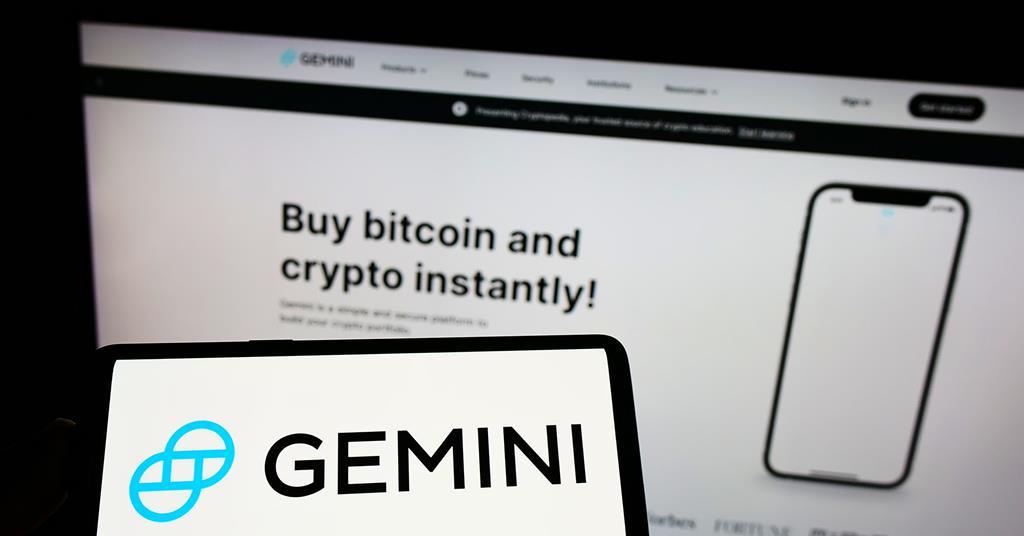In a significant move for the Israeli financial landscape, the Israel Securities Authority (ISA) has approved six Bitcoin mutual funds, scheduled to launch on December 31, according to local media. reports. This approval marks the first instance where Israeli investors can directly engage in Bitcoin (BTC-USD) through regulated mutual funds. The funds will be managed by major industry players, including Migdal Capital Markets, More, Ayalon, Phoenix Investment, MeitavAnd IBIall of which will begin operations simultaneously, as stipulated by regulators.
The management fees for these funds will vary from 0.25% to 1.5%. Notably, a fund is designed to actively manage its portfolio with the aim of outperforming the performance of the Bitcoin market, thereby adding a dynamic element to the investment options available. Initially, trading within these funds will be limited to once per day, although it is anticipated that future funds may offer continuous trading capabilities, reflecting a more flexible approach to crypto investments.
This approval comes after a long period of advocacy from investment companies, who have been pushing for such integration of cryptocurrencies into traditional financial products for over a year. This development in Israel somewhat follows the US Securities and Exchange Commission’s (SEC) approval of Bitcoin spot ETFs earlier in the year, which saw an inflow of over $35 billion , highlighting the growing institutional interest in digital assets. on a global scale. The value of Bitcoin has more than doubled, demonstrating its resilience and potential as an investment asset.
Israel, known as the “Start-Up Nation,” has a booming crypto industry with around 174 companies focused on blockchain and related technologies, employing around 3,800 people. Despite this innovative advantage, the sector faces regulatory and banking hurdles. Israeli banks have been particularly cautious, often refusing to handle funds from crypto transactions due to concerns over money laundering and compliance, creating significant challenges for investors in managing their tax obligations. The Israeli Tax Administration’s temporary measure allowing reporting of crypto profits through special accounts, extended until December 31, highlights the continuing need for more permanent regulatory solutions.
Alongside these developments, the Bank of Israel has been exploring the realm of digital currencies by working on a digital shekel. This initiative includes the publication of an architecture document and the establishment of a testing environment, indicating a broader interest in digital financial innovations beyond just Bitcoin.
Economically, Israel continues to prosper, with a reported current account surplus of $5.53 billion in the third quarter of 2024, compared to a downwardly revised $4.89 billion in the previous quarter, driven by strong exports and investment inflows. Forecasts suggest this surplus could reach $7.8 billion by the end of the year, painting a picture of economic stability that could support new financial innovations, including those in crypto.
This regulatory nod to Bitcoin mutual funds not only opens up new investment avenues, but also speaks to Israel’s cautious but progressive approach to integrating cryptocurrencies into its financial system. This reflects a broader global trend where traditional finance meets the digital economy, balancing innovation and regulatory oversight.










